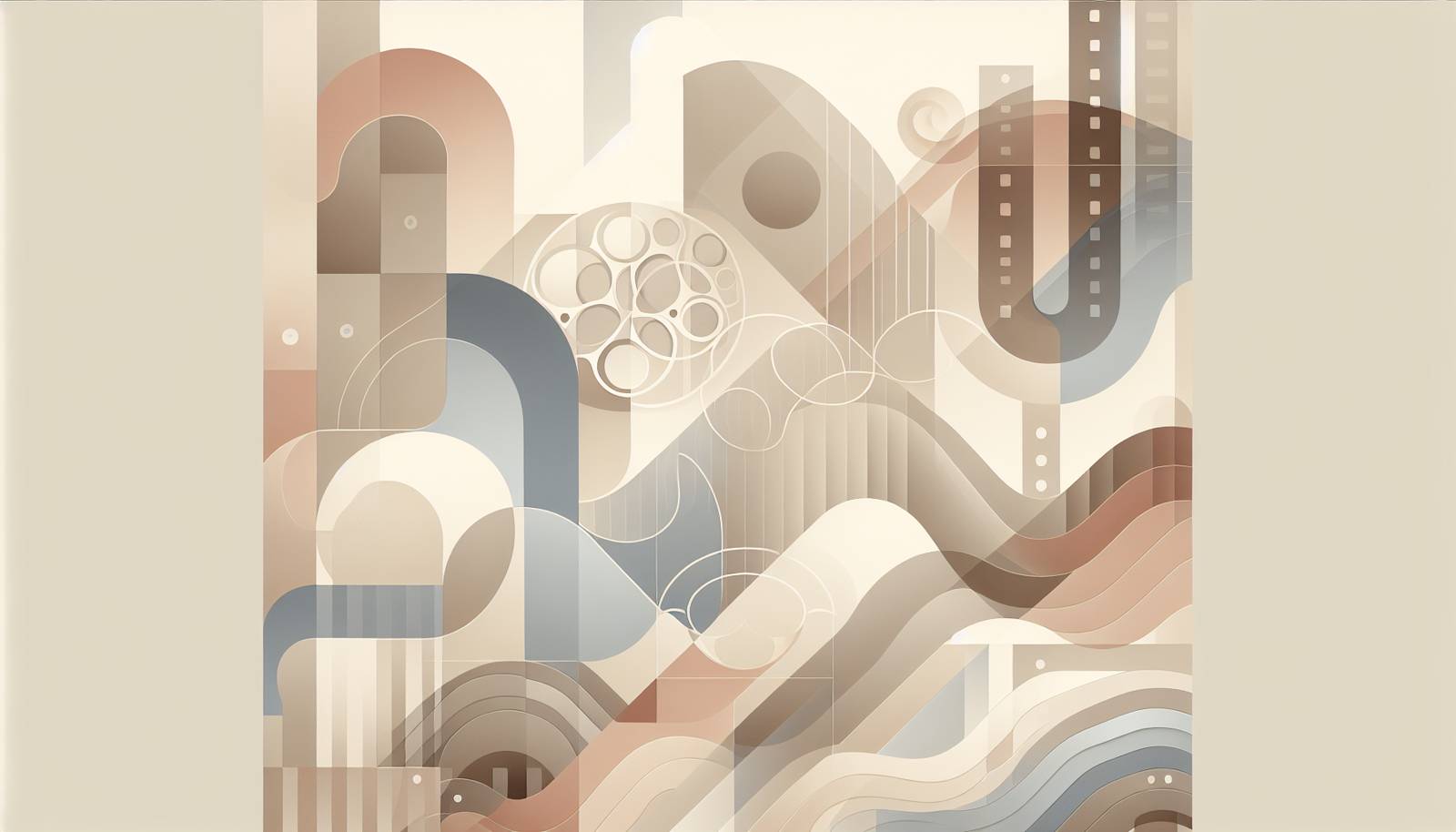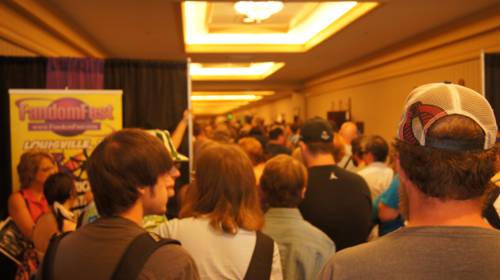
FAQ About The Role of Film Tropes in Shaping Genre Expectations

What are film tropes?
Film tropes are recognizable elements or themes that commonly appear in movies. They can be character types, plot mechanisms, locations, or themes that audiences easily identify and associate with certain genres. Tropes help set the stage for what viewers can expect from a film and often enhance storytelling by playing on established conventions.

How do film tropes influence genre expectations?
Film tropes play a critical role in shaping genre expectations as they set the standard characteristics and narrative styles associated with each genre. For example, a horror film might include jump scares or a haunted house, while a romantic comedy might feature a meet-cute scenario between the lead characters. These elements help audiences identify the genre quickly and anticipate the kind of story they are about to watch.

Can you provide an example of a common film trope in action films?
A common trope in action films is the 'lone hero' who takes on an overwhelming force against all odds. This character often has exceptional skills or abilities and a personal motivation driving them, exemplified in films like Die Hard or the John Wick series. Such tropes help establish the film's genre and give viewers an idea of the narrative arc.

Do film tropes vary between cultures and cinematic traditions?
Yes, film tropes can vary significantly between different cultures and cinematic traditions. While some tropes are universal, such as the 'hero’s journey,' others might be specific to certain cultural narratives or indigenous story structures. For instance, Hollywood may favor certain character archetypes and storylines different from those prevalent in Bollywood or Japanese cinema.

Why are tropes important for filmmakers?
Tropes are important for filmmakers because they offer a shorthand way to convey complex concepts and emotions that audiences can quickly recognize. Using established tropes allows filmmakers to build stories that resonate with viewers, create cohesive genre experiences, and sometimes subvert audience expectations for creative storytelling.

What is the danger of overusing film tropes?
While tropes are useful, overusing them can make a film feel predictable or unoriginal. When audiences can easily anticipate every plot development or character reaction, the movie might lack freshness and fail to engage viewers. This is why filmmakers often strive to balance between using established tropes and introducing unique elements to keep stories exciting.

How do tropes in a film impact its success?
Tropes can significantly impact a film's success as they help establish a recognizable context that appeals to target audiences. When used effectively, tropes can enhance storytelling and viewer satisfaction. However, if a film relies too heavily on clichés, it risks alienating audiences who seek new and innovative narratives.

Can film tropes evolve over time?
Yes, film tropes can and often do evolve over time. As societal norms, audience preferences, and cultural contexts change, tropes are reimagined or adapted. This evolution is visible in the way certain character types are portrayed or in how narrative conventions are challenged to meet contemporary tastes and ethical standards.

What is an example of a trope in romantic comedies?
In romantic comedies, a prevalent trope is the 'meet-cute,' where the protagonists have an amusing or unusual first encounter that sets the stage for their romantic journey. This cliché is a staple in the genre and is often used to create an initial spark between characters that audiences find charming and relatable.

Can the use of tropes lead to stereotyping?
Yes, the use of tropes can sometimes lead to stereotyping, especially if they reinforce narrow views of character types or situations. Stereotypes can emerge if filmmakers rely on oversimplified or outdated tropes that fail to reflect the complexity of real-life experiences and identities, thereby perpetuating clichés.

What is a subverted trope in the horror genre?
A subverted trope in horror films involves changing the expected outcome of well-known elements to surprise or challenge the audience. For example, the trope of the 'final girl' who survives the massacre is often subverted by presenting characters traditionally seen as invulnerable to danger or harm, adding a twist to conventional narratives.

How do filmmakers subvert tropes to create fresh narratives?
Filmmakers subvert tropes by playing against expected outcomes or presenting these elements in unexpected ways. This can involve changing the roles characters typically play, altering the course of familiar storylines, or introducing a new context that reframes a traditional trope, thus keeping audiences engaged and intrigued.

What role do tropes play in creating genres?
Tropes are fundamental in creating genres as they establish the narrative structures and thematic elements that define different categories of films. By recognizing and utilizing these common elements, filmmakers craft distinct genre experiences that cater to specific audience groups and storytelling preferences.

How do audiences react to familiar tropes versus original ideas?
Audiences often enjoy familiar tropes because they provide a sense of comfort and predictability, allowing viewers to engage with the narrative comfortably. However, unique ideas and the subversion of common tropes also attract audiences seeking fresh and compelling stories. The key is balancing familiarity with innovation to satisfy diverse viewer preferences.

What is an iconic trope in science fiction films?
An iconic trope in science fiction is the 'robot uprising,' where artificial intelligence or robots rebel against their human creators. This trope explores themes of technology outpacing human control and raises ethical questions about the nature of consciousness and existence. Films like The Matrix and Blade Runner have utilized this theme to great effect.

Are there tropes that span multiple genres?
Yes, some tropes span multiple genres, serving as versatile storytelling tools. For instance, the 'reluctant hero' trope is present in action, fantasy, and drama, featuring a character who is drawn into a conflict against their initial desires, showcasing universal themes of courage and destiny.

How do film critics view the use of tropes?
Film critics often have varied opinions on the use of tropes. While some appreciate their role in helping structure narratives and develop genres, others criticize films that rely too heavily on clichéd elements. The critical reception often depends on how creatively a film incorporates or challenges its tropes.

What is a common fantasy film trope?
A common trope in fantasy films is the 'chosen one,' a character destined to save the world or fulfill a significant prophecy. This trope is central to stories where the protagonist embarks on a quest or adventure, as seen in series like Harry Potter or The Lord of the Rings.

How do directors decide which tropes to include in their films?
Directors decide which tropes to include based on the story they want to tell, the audience they aim to attract, and the genre conventions they wish to adhere to or challenge. The decision often involves balancing market expectations with creative vision to create engaging and successful films.

Can genre evolution affect the prevalence of certain tropes?
Yes, as genres evolve, the prevalence and popularity of certain tropes can change. This evolution is often driven by shifts in audience tastes, cultural influences, and innovations within the industry. For example, the superhero genre has shifted from simplistic hero-versus-villain narratives to complex, character-driven stories that explore deeper themes.
